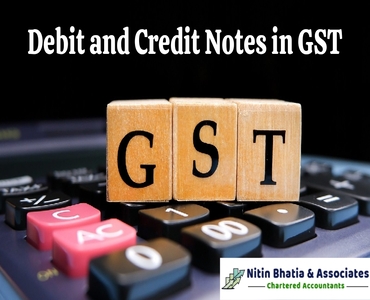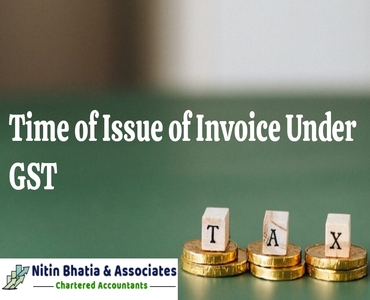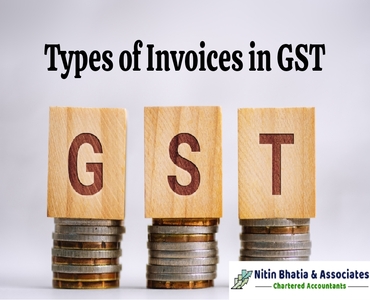Debit note and credit note are documents used in Goods and Services Tax (GST) to record changes in transactions. A debit note is issued by a supplier when there is an increase in the amount payable by the recipient, while a credit note is issued when there is a decrease in the amount payable. They …













